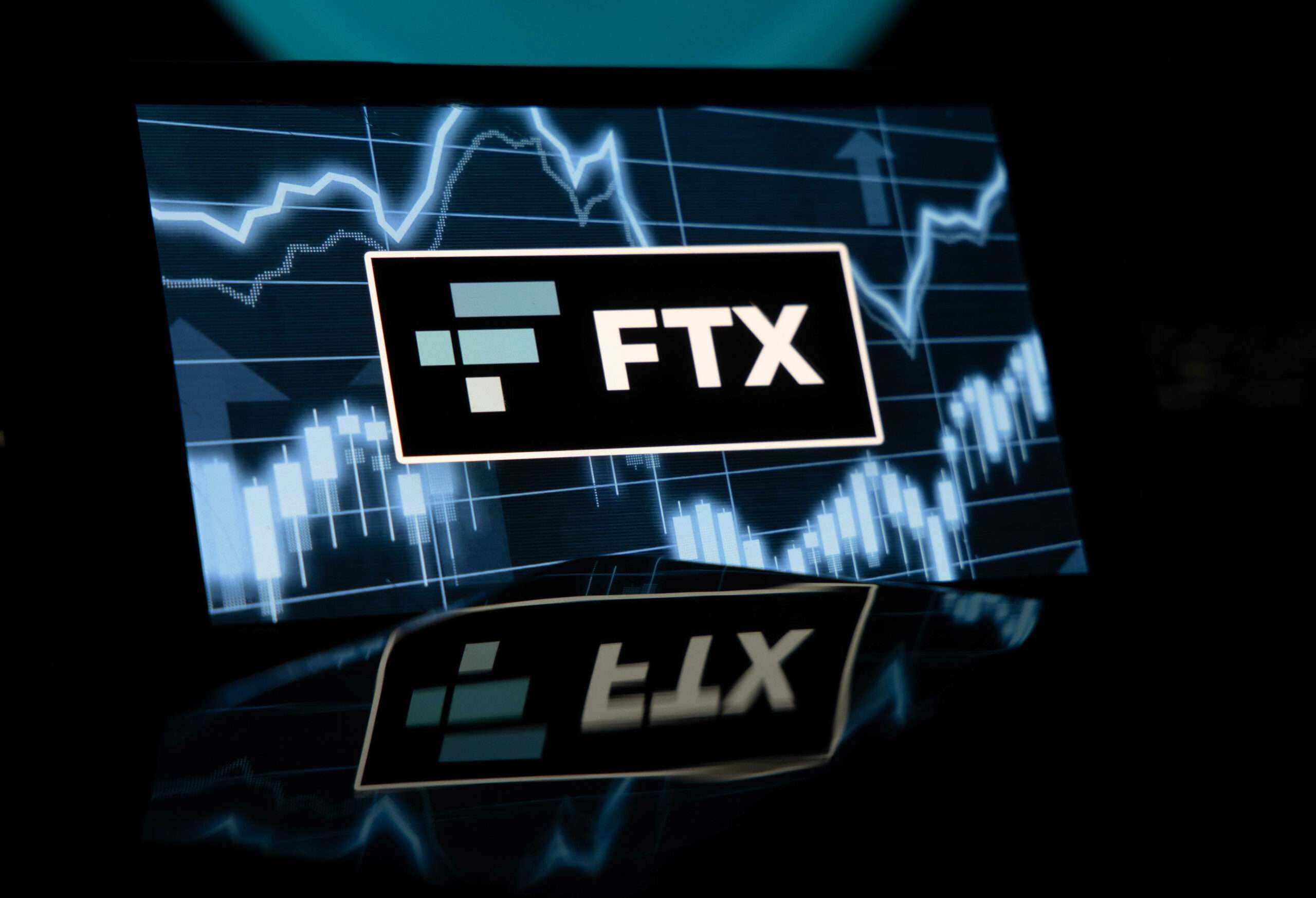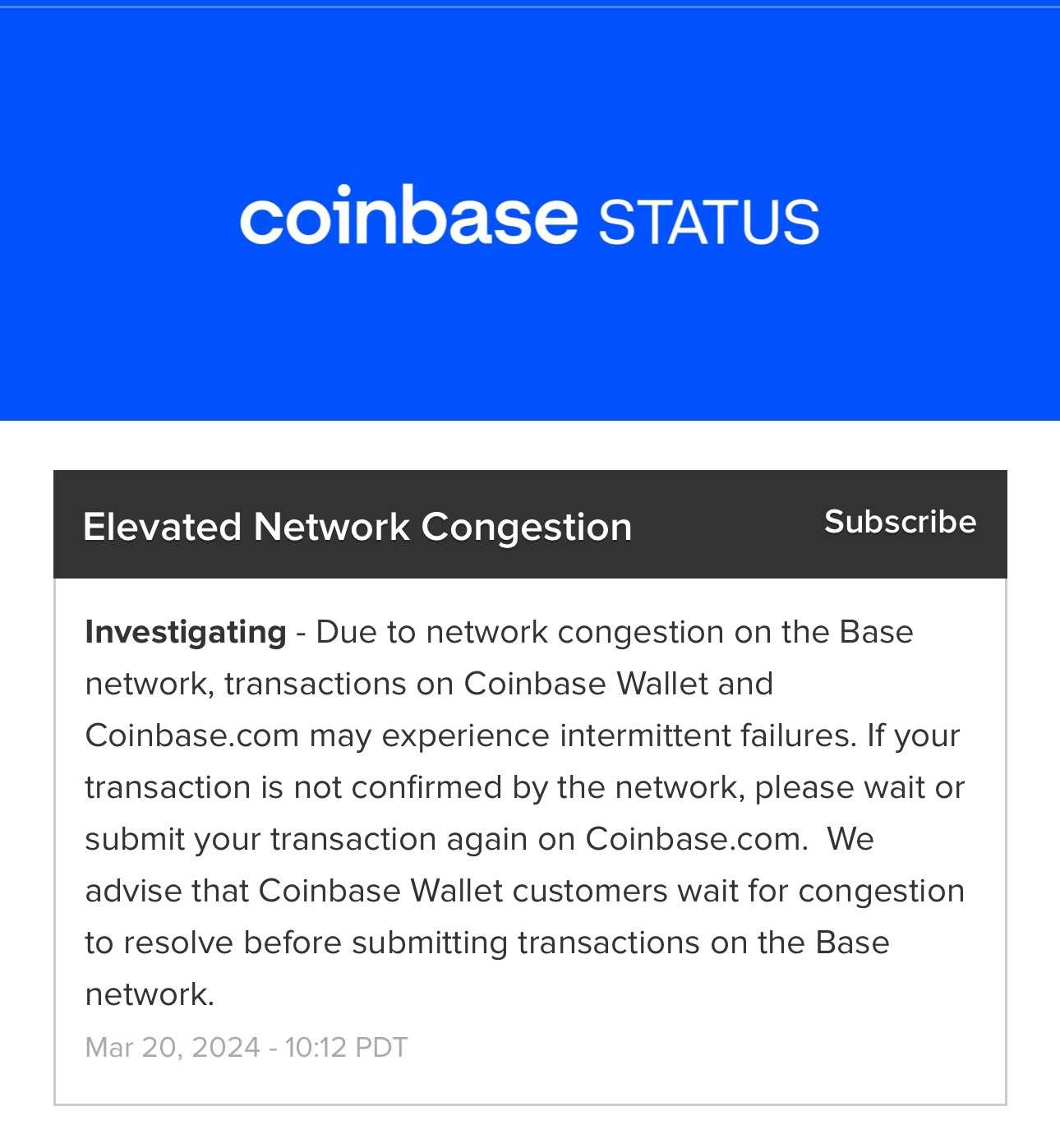Despite following fraudulent instructions from a call claiming to be Chase’s fraud department, Kathryn England fell victim to the scam.
A customer from Utah will not receive reimbursement from JPMorgan Chase after fraudsters stole $20,000 from her account while she was on vacation, the bank says.
Kathryn England’s Ordeal
Kathryn England was in Florida when she received a phone call purportedly from the “fraud department” at Chase, according to KSL-TV, an NBC affiliate.
The man on the other end of the line informed England that $20,000 had been transmitted from her account and that she needed to follow his instructions to retrieve the funds.
England, driven by her desire to recover her funds, complied with the caller’s every word by having her read him multiple verification codes via text message.
She was instructed to deactivate the Chase app from her device and await a return call after a two-hour phone conversation; however, no call was received.
“One hour had passed. Two hours had passed. I exclaimed, “Something is amiss.” We, therefore, returned to the hotel and informed Chase.
England discovered, upon conversing with the authentic Chase, that she had been duped by a con artist who wired $20,000 from her account.
Chase subsequently denied her claim, citing a clause in the Electronic Fund Transfer Act that exempts it from covering the loss, as reported by KSL-TV.
Individuals whose cards are stolen or whose accounts are compromised are generally safeguarded by the law. However, this protection does not extend to those duped into authorizing transactions by fraudsters.
According to Carla Sanchez-Adams, a senior attorney at the National Consumer Law Center, the prevalence of such cases involving bank customers has significantly increased since the pandemic, primarily because the Electronic Fund Transfer Act of 1978 provides inadequate protections.
“Everyone is affected, and the tales are heartbreaking because there are no safeguards… Due to the pandemic after 2020, wire transfers are now accessible via digital banking. In contrast, initiating large wire transfers previously required a physical visit to a branch. Moreover, you can now organize that and conduct it online.”












